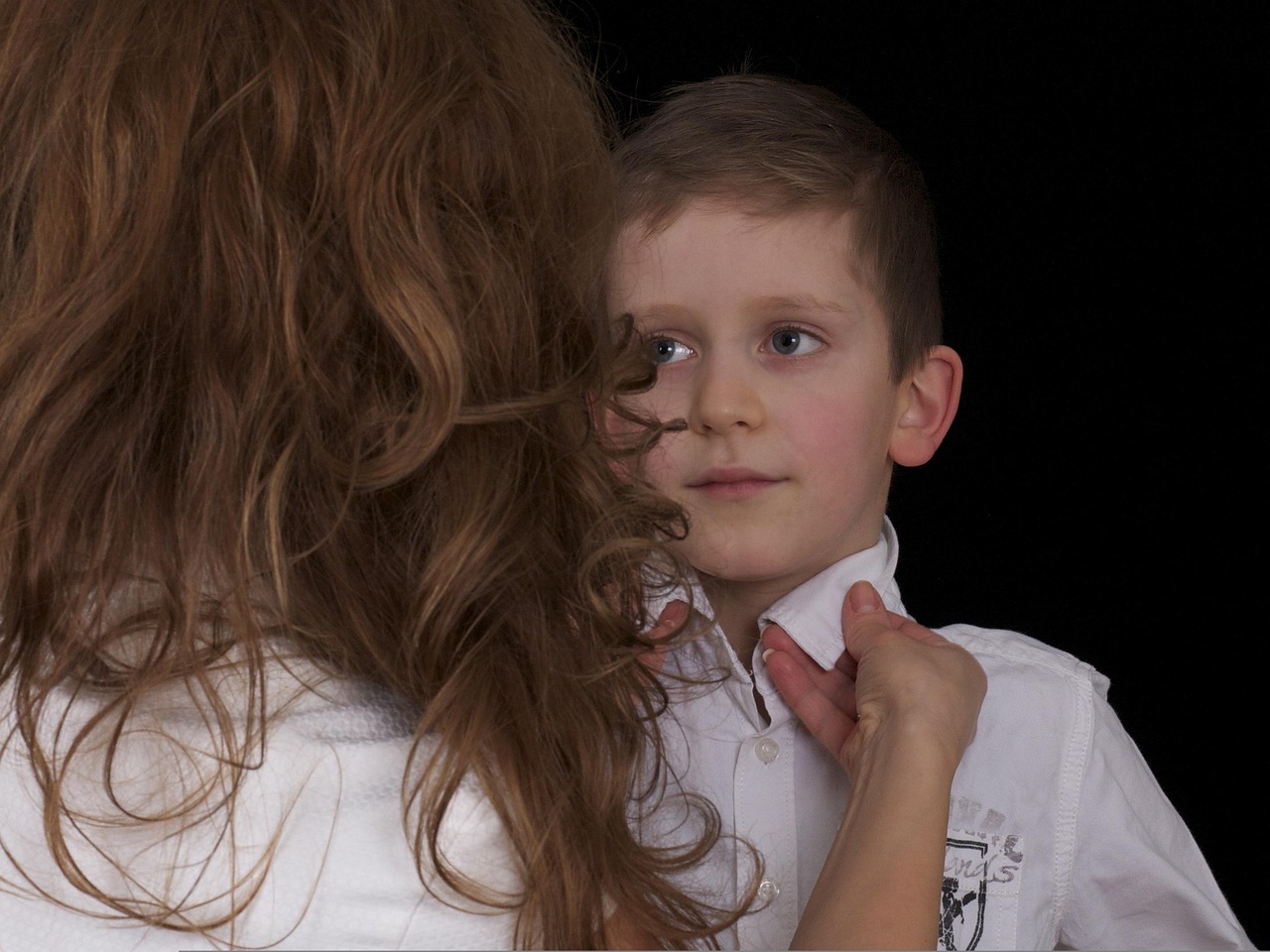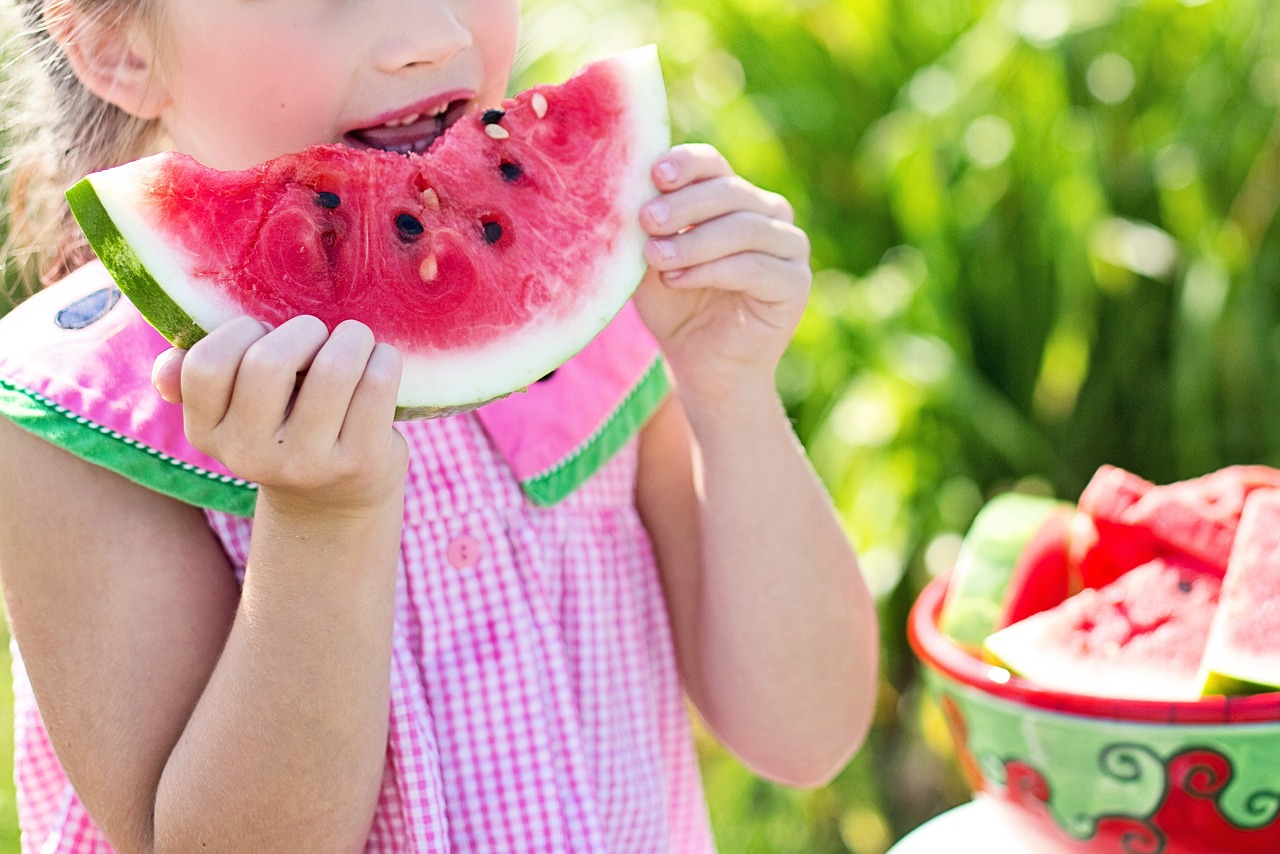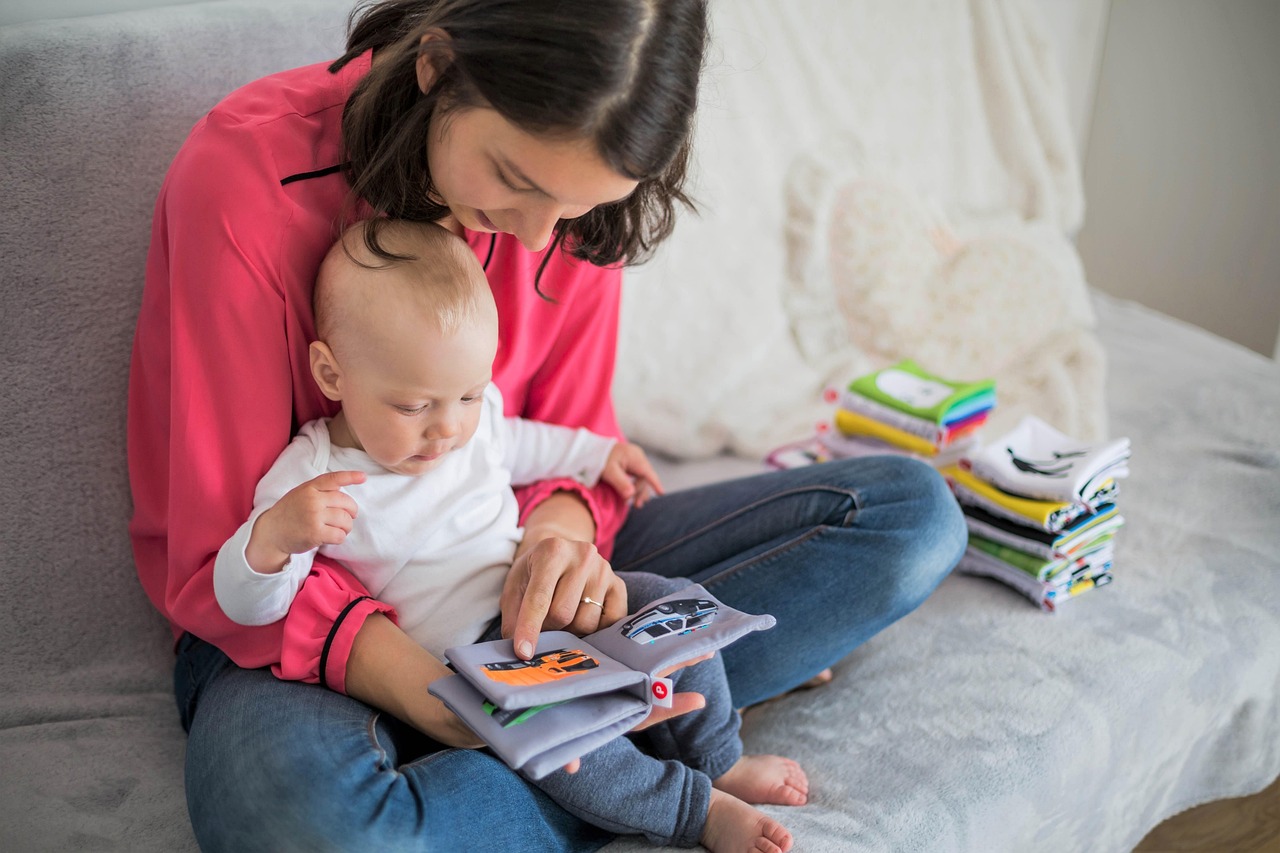Many parents in Phuket find themselves wondering why their child seems so independent at school but struggles with the same tasks at home. Have you ever heard your child’s teacher say, “Oh, he puts on his shoes all by himself, feeds himself with a fork and spoon, and even tidies up after playtime!”—only to be left scratching your head because, at home, it’s a completely different story?
As a parent, it’s natural to wonder if you’re doing something wrong, but if you’re asking that question, chances are, you’re already doing everything possible to help your child. Here are some useful tips to support your child in developing their independence—without the stress!
Be Confident About Goodbyes

Saying goodbye is never easy, especially for little ones. However, if you handle departures in a calm, matter-of-fact way, you’ll help reassure your child that separations are just temporary. Whether you’re dropping them off at nursery or leaving them with a babysitter at home, a confident farewell (rather than a long, emotional one) helps your child feel secure. Most little ones settle quickly once they’re distracted by playtime or their favourite activities.
Help Them Get Started

Setting up your child for success can make independent tasks much easier. For example:
- Lay out their clothes the night before so they can dress themselves in the morning.
- Choose easy-to-wear shoes with central fasteners (Velcro is a great option) to prevent the classic ‘shoes on the wrong feet’ situation!
- Find socks without heels—these are much simpler for little hands to pull on.
- Keep their school bag light and manageable so they can carry it on their own, just like mum or dad!
These small adjustments can boost their confidence and make getting ready in the morning much smoother.
Let Them Eat by Themselves

The earlier children learn to feed themselves, the better! As soon as they develop a pincer grip (around 6–9 months), let them experiment with soft finger foods like bananas, avocado, or cooked carrots. Yes, it will be messy—but it’s all part of the learning process.
Once they start using a spoon, it may take a while for them to master getting food from bowl to mouth without spills, but with practice, they’ll get there. By the age of two, most toddlers can use a plastic fork and spoon independently—though they’ll still need a helping hand with cutting up food.
Encourage Nannies to Support Independence

In Phuket, many families have the support of nannies, which can be a fantastic help. However, it’s important that nannies encourage children to do things for themselves rather than doing everything for them. We’ve all seen nannies putting shoes on a five-year-old or chasing after a child with a spoonful of rice!
If you have a nanny, chat with them about reinforcing the independence skills your child is learning, so they can be a supportive guide rather than doing tasks on your child’s behalf.
Be Patient and Give Them Time
It’s tempting to step in and speed things up, especially when you’re in a rush. Letting your child struggle with their shoes or attempt to wash their hands on their own can feel frustrating when you’re short on time. But in the long run, allowing them to practice these tasks builds their confidence and competence.
Instead of always doing things for them, show them how it’s done, encourage them to try, and give them space to learn. Yes, it might take longer at first, but before you know it, they’ll be doing things independently—making life easier for both of you!
Believe in Their Abilities

As parents, we sometimes underestimate what our children are capable of. The truth is, with the right environment, encouragement, and a little patience, children can surprise us with their growing independence. By creating opportunities for them to take responsibility and make their own choices, we empower them to become confident, capable individuals.
So next time you’re tempted to step in, take a deep breath and let them try. You might just be amazed at what they can do!












